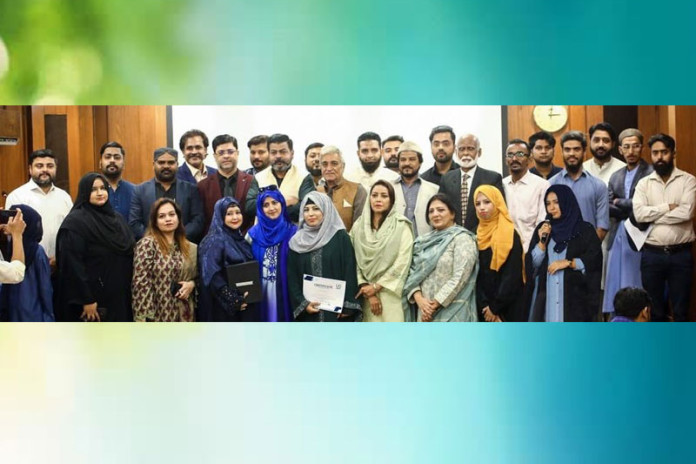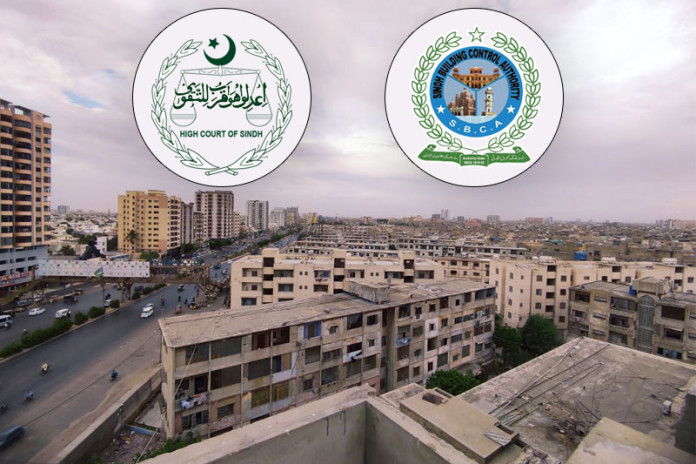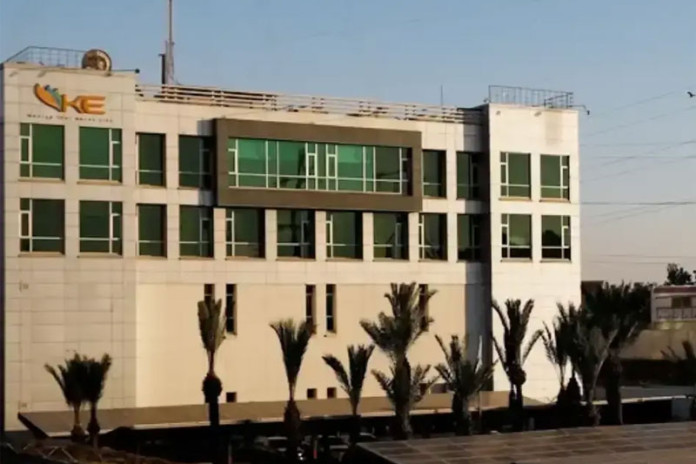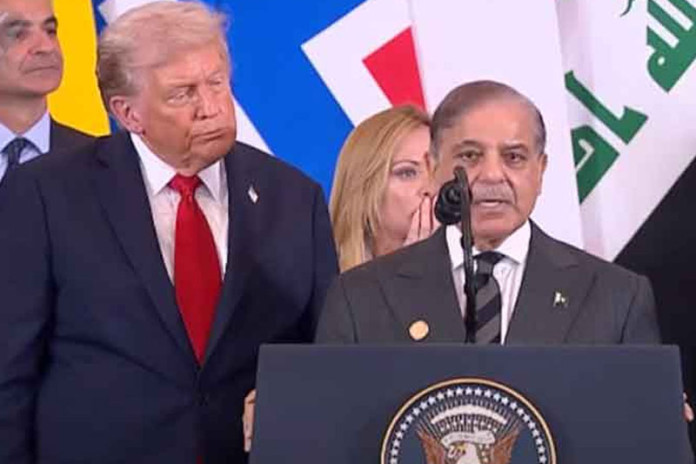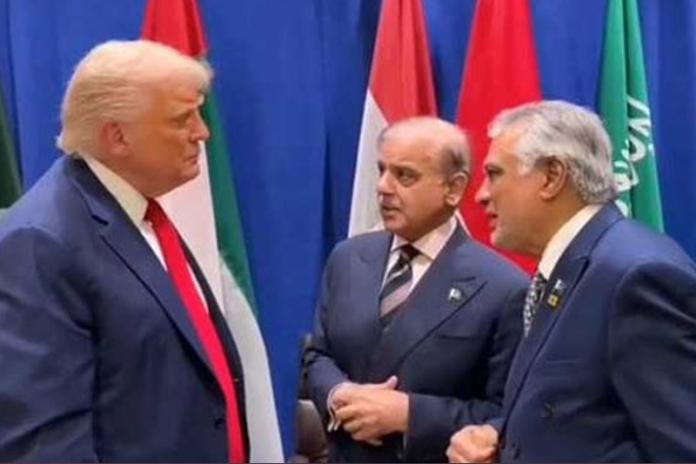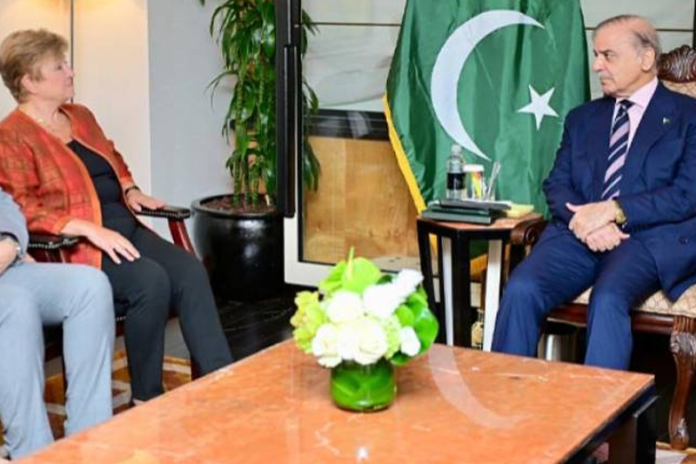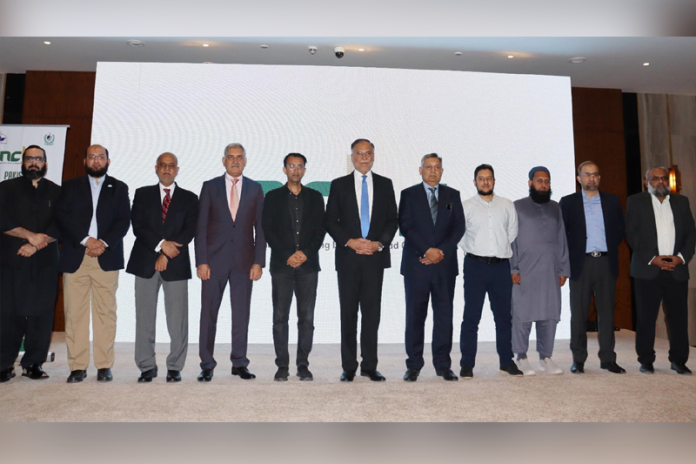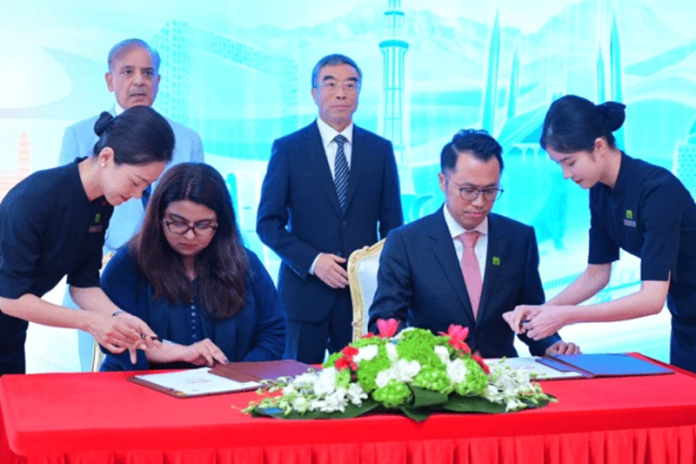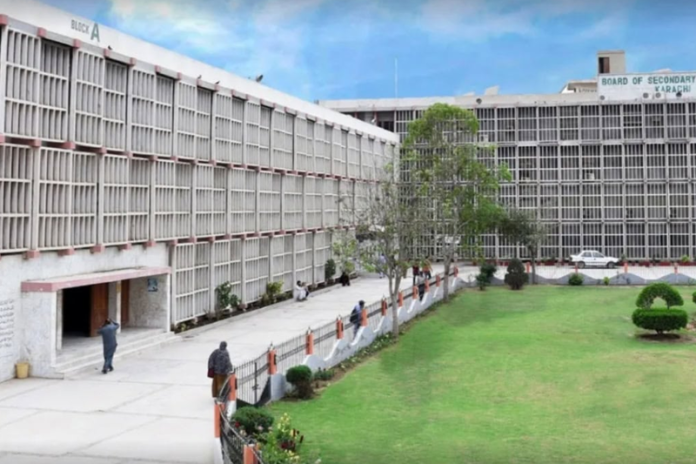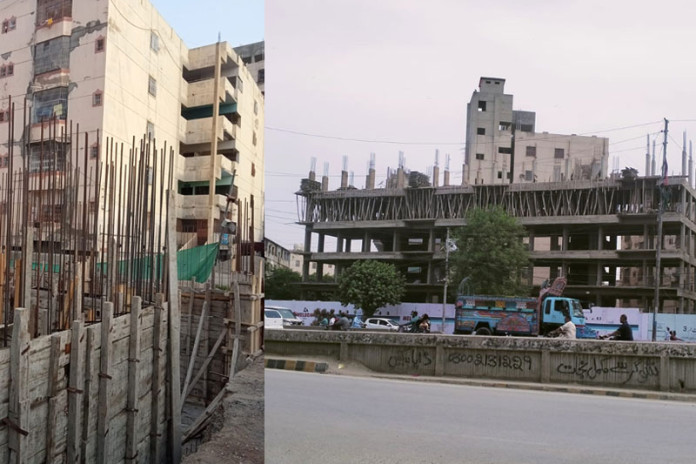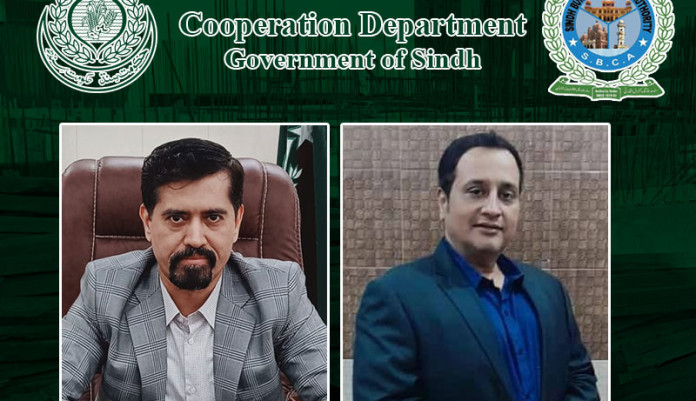Zero Hunger in Pakistan: A Chemistry Student’s Vision for Sustainable Solutions

- 695
- 0
Growing up in the UAE with Canadian-Pakistani roots, my connection to Pakistan was always heartfelt yet somewhat distant. It wasn’t until I had the chance to intern there that I truly grasped the country’s struggles. The stark realities of hunger and poverty—things I had only read about—were no longer just statistics. They were etched on the faces of children, families, and entire communities fighting to survive.
What had once been a chapter in my social studies textbook became painfully real. I saw kids just like me—only they hadn’t been as lucky. That realization hit hard. I knew I couldn’t just look the other way and continue living my privileged life. I had to do something. But how? The question barely formed in my mind before the answer followed: I could use my passion for Chemistry to explore sustainable solutions to tackle food insecurity in Pakistan
The Alarming Reality of Hunger in Pakistan
Pakistan’s food security crisis is one of the most urgent issues of our time. Reports from the United Nations World Food Program (WFP) and the Food and Agriculture Organization (FAO) reveal troubling statistics:
- 16-18% of the population faces food insecurity, lacking access to safe and nutritious food.
- 40% of children under five suffer from stunted growth due to chronic malnutrition.
- 24% of the population lives below the national poverty line, struggling to afford basic nutrition.
But behind these numbers are real people—families who wake up every day unsure of where their next meal will come from. Tackling this crisis isn’t just a responsibility; it’s a necessity if we are to achieve the United Nations' Sustainable Development Goal (SDG) of Zero Hunger by 2030.
Understanding the Root Causes
Food insecurity in Pakistan is driven by a complex web of challenges:
- Soil Degradation – Overuse of fertilizers and chemical imbalances are reducing agricultural productivity.
- Pesticide Overuse – Excessive chemical use not only harms the environment but also affects food safety.
- Nutrient Deficiency – A lack of essential nutrients in everyday diets is fueling malnutrition.
- Economic Disparities – Wealth inequality makes food less accessible. With a shrinking middle class, more families are slipping below the poverty line, struggling to support their growing households.
Each of these issues demands targeted, innovative solutions that must be implemented with precision.
Existing Efforts: Laying the Foundation for Change
Despite the scale of the problem, there are ongoing efforts that offer hope:
- Government Initiatives – Research into high-yield crops and fertilizer distribution programs is helping farmers adopt more efficient agricultural practices.
- Public-Private Partnerships – Collaborations are improving agricultural methods and food distribution, ensuring more communities receive support.
- Corporate Social Responsibility (CSR) – Programs like Unity Foods’ Taqatwar Pakistan have already reached over 170,000 families, providing fortified products to combat food insecurity at the grassroots level.
- Innovation in Agriculture – Research into resilient crop varieties and more efficient supply chains is improving food production and timely delivery.
- Food Fortification – Companies like Unity Foods and Sunridge Foods are leading efforts to produce fortified staples, a crucial step in fighting malnutrition. With 40% of children under five suffering from malnutrition, making fortified foods widely accessible is essential.
My journey: From Student to Advocate
My internships at Unity Foods and Sunridge Foods gave me a unique perspective on how science and social impact can intersect—and the incredible change that happens when science is used for the greater good. While working on projects aimed at enhancing the nutritional value of staple foods and streamlining production processes, I realized how underutilized chemistry is in Pakistan’s nutritional landscape. If applied to its full potential, it could directly combat food insecurity and improve the well-being of thousands.
One particular event still stands out vividly in my mind: I happened to meet Amina, a factory worker, whoshared her dreams for her three children. She wanted her eldest to become a doctor so he could help people from his community while the younger two should pursue teaching, she thought Despite her optimism for their future, I could sense her doubt in her expressions. The pain in her eyes reflected the harsh reality of hunger and poverty that her children were facing on a day-to-day basis.
That conversation stayed with me. It pushed me to take action and ultimately sparked the idea for EcoChem Solutions: Nourishing Pakistan—a community initiative dedicated to sustainable, science-driven solutions to food security.
Introducing EcoChem Solutions: Nourishing Pakistan
At EcoChem Solutions, our mission is simple yet profound: to use the power of chemistry to ensure every child in Pakistan wakes up to a full stomach and a bright future. Our objectives include:
- Awareness Campaigns :
Organizing workshops in schools and communities which focus on eco-friendly farming and nutrition. Additionally, using digital media to circulate important information about the latest practices in the agricultural industry.
- Community Engagement Projects:
Partnering with local NGOs and FMCG companies to distribute educational material on nutrition and sustainable agriculture practices. FMCG companies can be given incentives to hand out free samples of genetically modified seeds, herbicides etc. to encourage better farming practices. Lastly, creating internships and hand-on experiences with organizations focused on nutrition and agriculture.
- Research Collaboration:
Collaborating with schools and colleges on accessible research into eco-friendly fertilizers and practices. Getting students involved means creating future leaders who are aware of the importance of good agricultural practices for Pakistan.
4.Youth Empowerment:
Establishing science clubs in schools, with a special focus on STEM education for girls. Students need to understand the powerful role chemistry can play in changing the agricultural landscape of Pakistan.
Personal Contributions: Bridging Science and Action
Since I’ve started my journey, I’ve initiated several projects that integrate chemistry into sustainable food solutions:
- High-Fiber Flour Research: Partnered with Sunridge Foods to develop nutritious, high-fiber flour called Fiber Fit, enabling improved gut health, lowered cholesterol levels and increased energy.
- Malnutrition Awareness Workshops: Educated factory workers on the health impacts of malnutrition.
- Soil Chemistry Education: Conducted educational sessions on the use of natural fertilizers to enhance soil health and fertility along with discussing the possible negative impact of pesticide overuse.
- Chemistry Outreach: Founded a student club that engages youth in projects addressing Pakistan’s food security issues. More involvement of the youth means the leaders of tomorrow will be more prepared to handle the economic challenges Pakistan is currently facing.
A Call to Action: Join the Mission for Zero Hunger
From a curious student to an advocate for sustainable food solutions, my journey has taught me that while the challenges are immense, the potential for change is even greater. Scientific innovation, community engagement, and youth empowerment are powerful tools that can transform the food security landscape in Pakistan.
The road to Zero Hunger is not easy, but it is definitely achievable. Together, we can create a future where every child in Pakistan has access to the nutrition, they need to not just survive but also thrive. I invite you to join me on this life changing journey where we create new possibilities, explore underutilized potential and witness what seemed impossible. Every voice, action, and contribution matters. Together, let’s nourish Pakistan, one child at a time.
About the Author:
Inaya Fawad, a Year 12 student at Jumeirah College Dubai, is a driven changemaker on a mission to tackle food insecurity in Pakistan through the power of chemistry. As the founder of EcoChem Solutions: Nourishing Pakistan, she bridges science and social impact, inspiring youth to take action. Whether researching high-fiber flour to improve nutrition or leading malnutrition awareness workshops, Inaya is proving that passion, innovation, and determination—no matter your age—can create real change.




